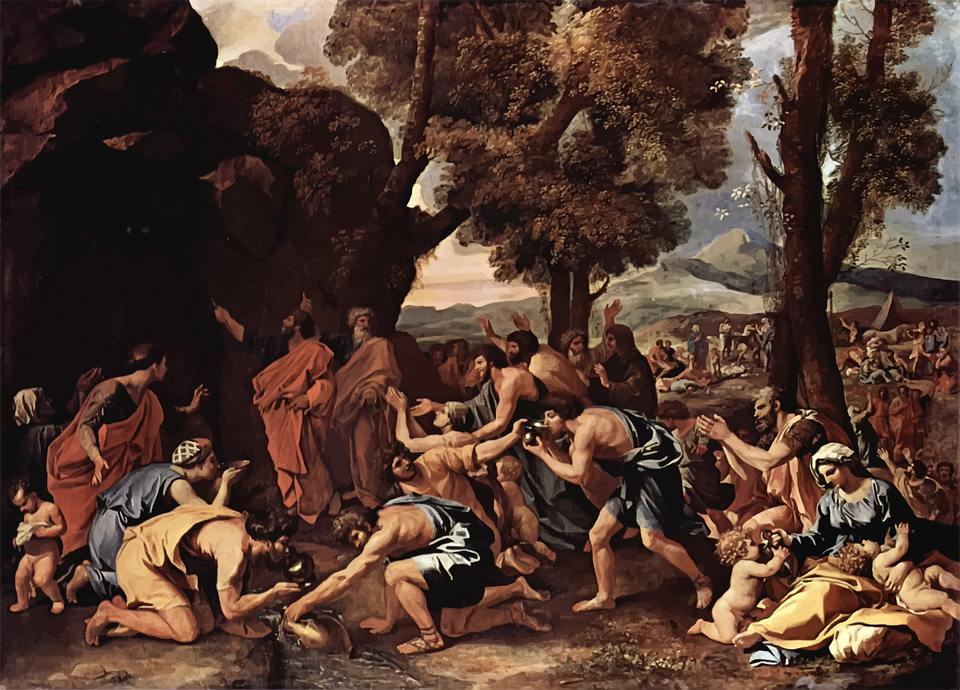
The concept of consent has been an important topic in the history of philosophy, particularly in moral and political philosophy. Consent refers to the act of agreeing to something, usually an action or a decision, with full knowledge and understanding of the consequences. In moral and political philosophy, consent is often discussed in the context of the justification of authority, power, and coercion. Two prominent philosophers who have addressed the concept of consent in their works are John Stuart Mill and Immanuel Kant. In this essay, I will discuss the similarities and differences between their views on consent.
John Stuart Mill was a 19th-century philosopher who is best known for his contributions to utilitarianism, liberalism, and the theory of liberty. Mill believed that individual autonomy and freedom were essential to human flourishing and that society should be organized in a way that maximizes individual liberty. In his work, On Liberty, Mill argued that individuals should be free to pursue their own interests and make their own decisions, as long as they do not harm others. He believed that this principle of harm was the only legitimate limit to individual freedom and that the state should only intervene in the lives of individuals to prevent harm to others.
Mill’s concept of consent is closely tied to his theory of liberty. He believed that individuals should be free to consent to any action or decision that affects them, as long as they do so voluntarily and with full knowledge of the consequences. For Mill, consent was a necessary condition for legitimate authority and power. He argued that individuals have a right to control their own lives and that the state should only exercise power over individuals if they have given their consent to be governed. In other words, individuals should be free to choose the type of government they want to live under, and the government should be responsive to their needs and preferences.
One of the key differences between Mill’s concept of consent and Kant’s views on the same is their respective approaches to moral reasoning. Kant was an 18th-century philosopher who is best known for his contributions to deontological ethics, the philosophy of religion, and metaphysics. Kant believed that morality is based on rationality and that moral principles are universal and objective. He argued that moral judgments should be based on reason alone, and that emotions and desires should not influence moral decision-making. For Kant, the moral law is categorical and applies to all rational beings, regardless of their particular circumstances or desires.
Kant’s approach to moral reasoning has important implications for his views on consent. Unlike Mill, Kant believed that consent is not a sufficient condition for moral legitimacy. He argued that moral judgments should be based on the categorical imperative, which is a principle of reason that requires us to treat all rational beings as ends in themselves, rather than as means to our own ends. According to Kant, consent is only morally legitimate if it conforms to the categorical imperative. This means that consent must be given freely and without coercion, and that it must not violate the rights of others or undermine the moral law.
Another key difference between Mill’s and Kant’s views on consent is their respective views on individual autonomy. Mill believed that individual autonomy is essential to human flourishing and that individuals should be free to pursue their own interests and make their own decisions, as long as they do not harm others. He believed that this principle of harm was the only legitimate limit to individual freedom and that the state should only intervene in the lives of individuals to prevent harm to others. For Mill, individual autonomy and consent were closely related, as consent was a necessary condition for individuals to exercise their autonomy.
Kant, on the other hand, believed that individual autonomy is grounded in reason and morality, rather than in individual desires and interests. He argued that moral autonomy requires us to act in accordance with the moral law, which is based on reason alone. According to Kant, moral autonomy requires us to act in accordance with the moral law, which is based on reason alone. According to Kant, moral autonomy requires us to act in accordance with the moral law, which is based on reason alone. For Kant, autonomy involves acting in accordance with one’s own rational nature, rather than simply pursuing one’s own desires and interests. Kant believed that consent is only morally legitimate if it is given freely and without coercion, and if it conforms to the moral law.
Kant’s view of individual autonomy and the moral law has important implications for his views on consent. Unlike Mill, who saw consent as a necessary condition for individual autonomy, Kant believed that individual autonomy is grounded in reason and morality, rather than in individual desires and interests. For Kant, consent is only morally legitimate if it conforms to the moral law and respects the rights of others. This means that consent must be given freely and without coercion, and that it must not violate the moral law or the rights of others.
Another important difference between Mill’s and Kant’s views on consent is their respective views on the role of the state. Mill believed that the state should only intervene in the lives of individuals to prevent harm to others, and that individuals should be free to make their own decisions and pursue their own interests. He believed that the state should be limited in its power and that individuals should have the right to control their own lives. For Mill, consent was a necessary condition for legitimate authority and power, and the state should only exercise power over individuals if they have given their consent to be governed.
Kant, on the other hand, believed that the state has a duty to protect the moral law and promote the common good. He believed that the state has the right to exercise power over individuals, even if they have not given their consent, in order to promote the common good and protect the moral law. Unlike Mill, who believed that individual autonomy and consent were the highest values, Kant believed that the moral law and the common good were the highest values, and that the state had a duty to promote them, even if it meant limiting individual autonomy and consent.
In conclusion, while both John Stuart Mill and Immanuel Kant addressed the concept of consent in their works, there are important differences between their views. Mill believed that consent was a necessary condition for legitimate authority and power, and that individuals should be free to make their own decisions and pursue their own interests, as long as they do not harm others. Kant, on the other hand, believed that consent was only morally legitimate if it conforms to the moral law and respects the rights of others, and that the state has a duty to protect the moral law and promote the common good, even if it meant limiting individual autonomy and consent. These differences reflect broader differences between their respective approaches to moral reasoning, individual autonomy, and the role of the state, and highlight the complexity of the concept of consent in moral and political philosophy.







